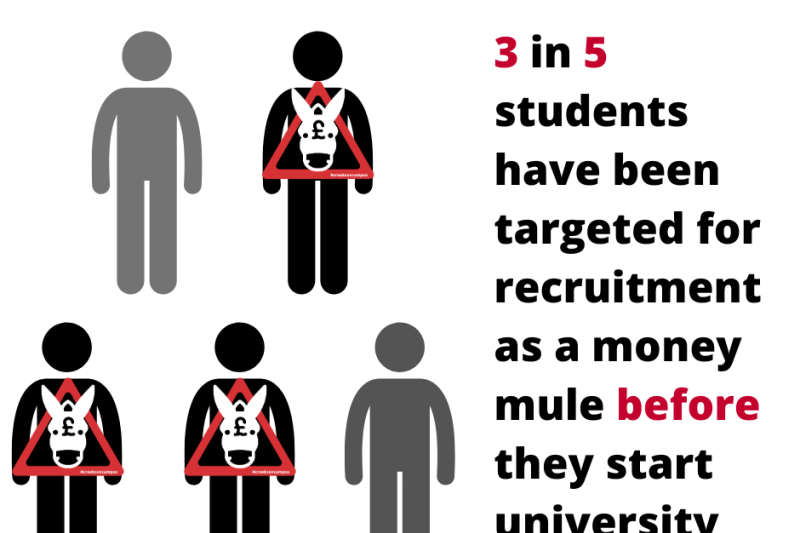
Plagiarism is the most common form of academic offence committed by university students. Often students plagiarise by accident if they don’t understand how to reference properly or submit similar work for more than one assignment.
To make sure you’re not caught out, it is vital you fully understand what is expected when submitting an assignment, the implications of committing an academic offence and how to reference correctly.
Plagiarism offences can lead to serious repercussions, including possibly being asked to leave your course, and examples of plagiarism include:
- Failing to acknowledge the work, ideas, and theories of others in your work
- Using someone else’s assignment to influence how you write your work
- Re-using sections and writing similar points to what you already submitted as part of another assignment
If you think you have committed an academic offence or are suspected of having committed an offence, SUBU Advice is on hand to provide guidance and support.
How can I avoid plagiarism?
Although the thought of plagiarising by accident is unsettling, there are lots of things you can do to make sure it doesn’t happen to you.
Our ‘Avoiding Plagiarism’ page on the BU website shares resources to help you acknowledge other people’s work correctly and gives advice for checking you have done this before submitting an assignment. The Library and Learning Support team also run regular skills workshops covering BU referencing and exam preparation with pre-recorded lectures covering referencing and interpreting the Turnitin draft checker.
Further information to help you understand plagiarism can be found on the Library Study and Skills area on Brightspace including a useful recorded lecture and links for support. Think you fully understand plagiarism? Take our ‘Understanding Plagiarism’ quiz to test your knowledge and submit assignments with confidence.



